Many people like to tell themselves and others, regarding eating habits and food choices, that it’s okay to eat and drink everything in moderation…as if we all know what “everything” and “moderation” mean.
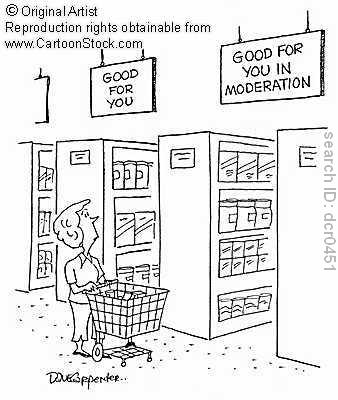
So what does the phrase everything in moderation really mean?
Does it mean “every edible in moderation?” Does this include soda, candy, desserts, frozen pizza, and potato chips? Are these edibles a part of a well-balanced, nourishing daily practice?
Or does it mean “every food in moderation?” If that is the case, we need to define food. Merriam-Webster dictionary defines food as “material consisting essentially of protein, carbohydrate, and fat used in the body of an organism to sustain growth, repair, and vital processes and to furnish energy.”
It sounds like “food” means “whole food” since it is defined as containing all of the three macro-nutrients of protein, carbohydrate, and fat. This means that anything edible containing one or two macro-nutrients is then not a whole food or food.
Edibles containing only carbohydrates are not food. Refined sugar from beets or cane is pure carbohydrate. Fructose corn syrup is pure carbohydrate. Edibles made with refined sugar or fructose corn syrup are not food. These are best avoided, not consumed in moderation.
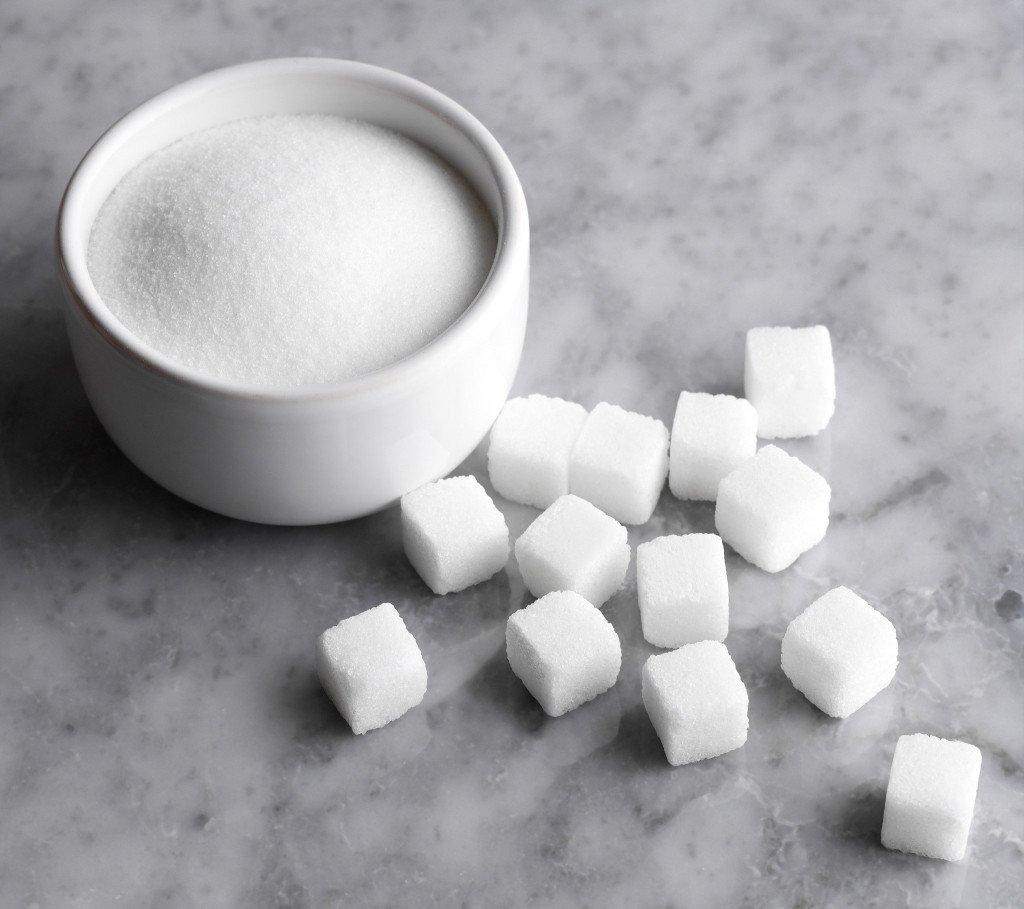
Edibles containing only fat are not food. Oils of all kinds, tallow, and lard are pure fat. Edibles made with oil, tallow, or lard are not food. These are best avoided, not consumed in moderation.
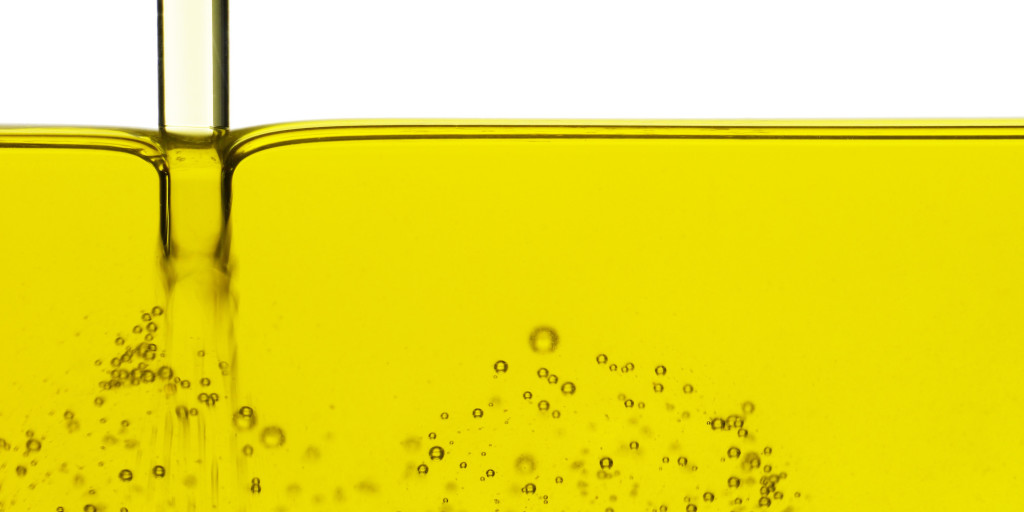
Edibles containing only protein are not food. Protein powders and isolates are pure protein. Edibles made with protein powders and isolates are not food. These are best avoided, not consumed in moderation.
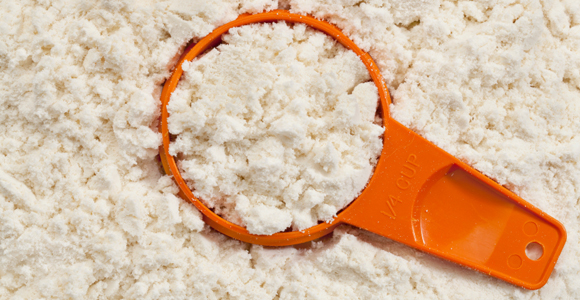
If you stroll through an average grocery store and avoid all edibles made with refined sugar, fructose corn syrup, oil, tallow, lard, protein powder, or protein isolates, you’ll be avoiding a large fraction of the packaged, processed, and prepared items in the deli, cracker, bread, dessert, candy, cereal, condiment, snack, dairy, and frozen meal sections.
If you’re going to take your efforts a step further and choose only whole foods that “sustain growth, repair, and vital processes and furnish energy” then you would avoid toxic and addictive edibles like coffee and alcohol.
If you’re eating with your optimal health in mind you would shop for whole and minimally processed food fruits, vegetables, root/tubers, grains, legumes/beans, nuts and seeds. You’d be amazed by how many delicious recipes can be made from these foods with the addition of select spices and condiments (like vinegar, mustard, soy sauce, nutritional yeast flakes, and miso paste).
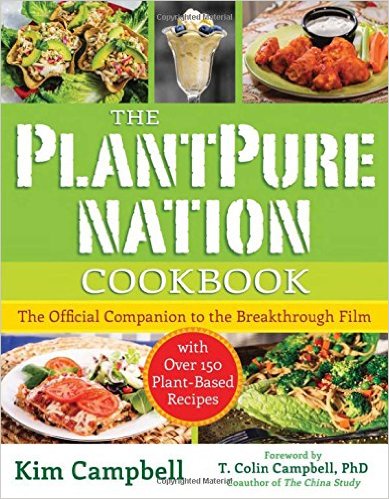
Because meat, dairy, eggs, and fruit juice have no fiber, they can not be considered optimal human foods. Elimination is a vital body process for wellness. Constipation leads to many undesirable health issues, including colorectal cancer, and is created by eating foods lacking fiber. It is important to eat whole foods high in fiber for the regular cleansing & maintenance of your body.

Because moderation may mean different amounts and/or frequencies for different people, it is hard to say what eating everything in moderation means for everyone. There is no set, working, or useful definition. I think most people use this phrase to justify eating whatever it is they want to eat and this is usually not the path to optimal wellness.
The truth about eating everything in moderation indiscriminately is that it creates disease in moderation: heartburn, constipation, excess weight gain, high cholesterol, high blood pressure, diabetes, and some cancers.
If you want to experience no food related diseases then it will be important to eat only real, whole foods full of carbohydrates, protein, fat, and fiber in adequate daily calories to sustain your weight and meet your energy demands. Abstaining from incomplete, toxic, and addictive edibles is easier than figuring how much of these can be eaten while skirting disease.
Does this mean you can never have these edibles again? No, of course not. Save them for rare and special occasions at most. Remember, just because something is edible doesn’t make it food.
Instead of everything in moderation, let’s start saying all foods in temperance.
Additional Resources
• Know Your Complex, Simple, and Refined Carbs
• Johns Hopkins on Health & Environmental Implications of Animal Consumption

{ 0 comments… add one now }